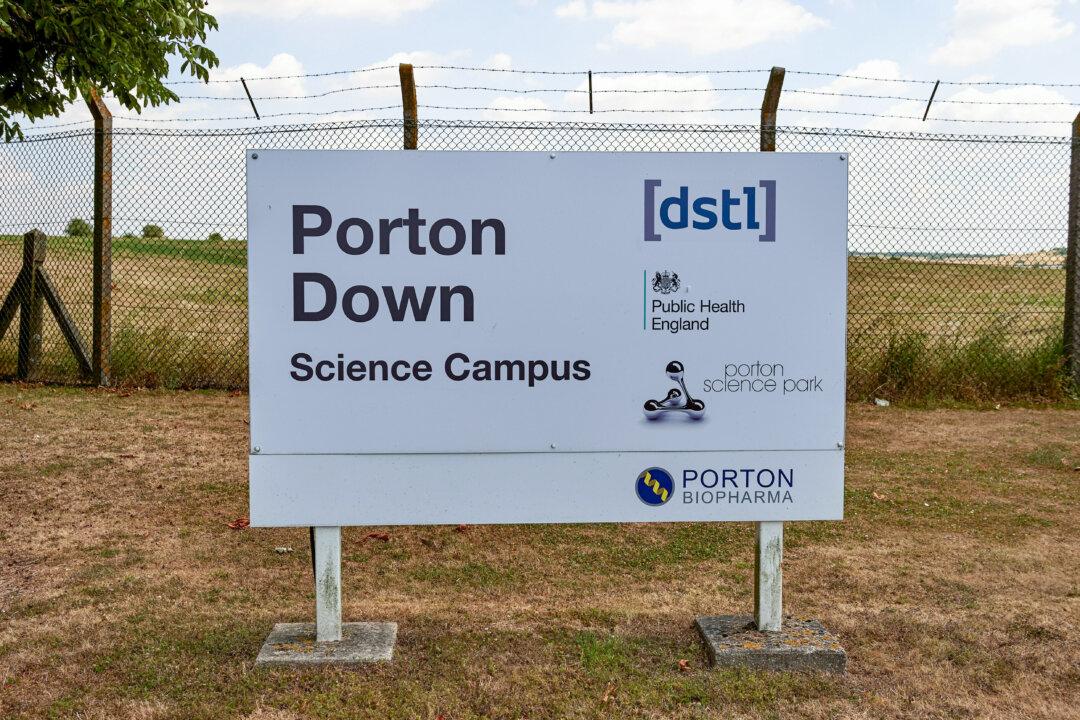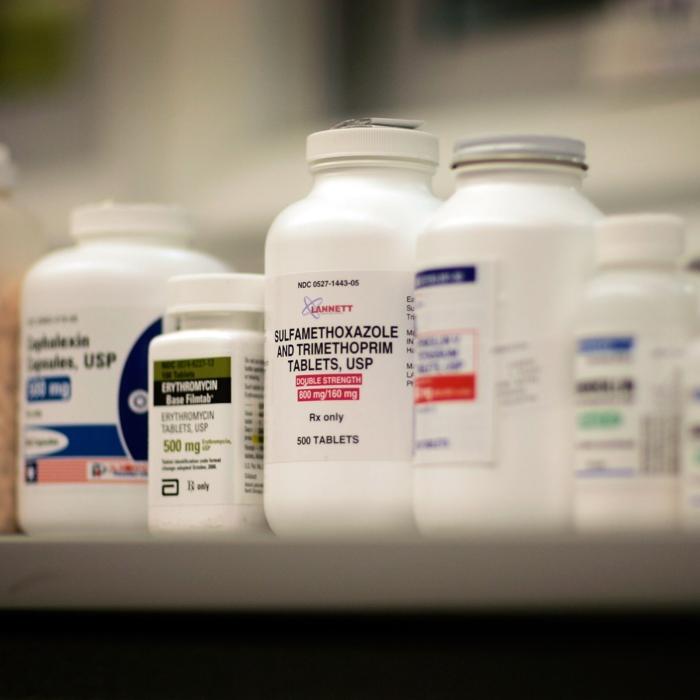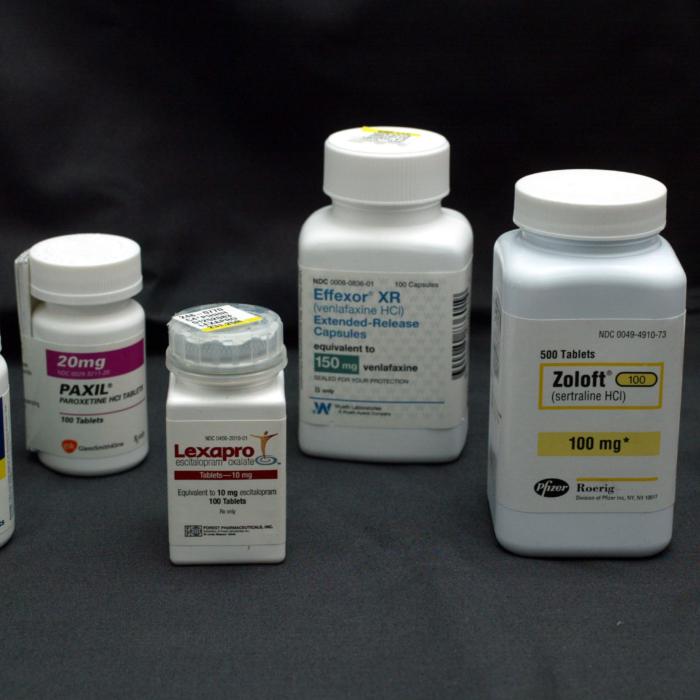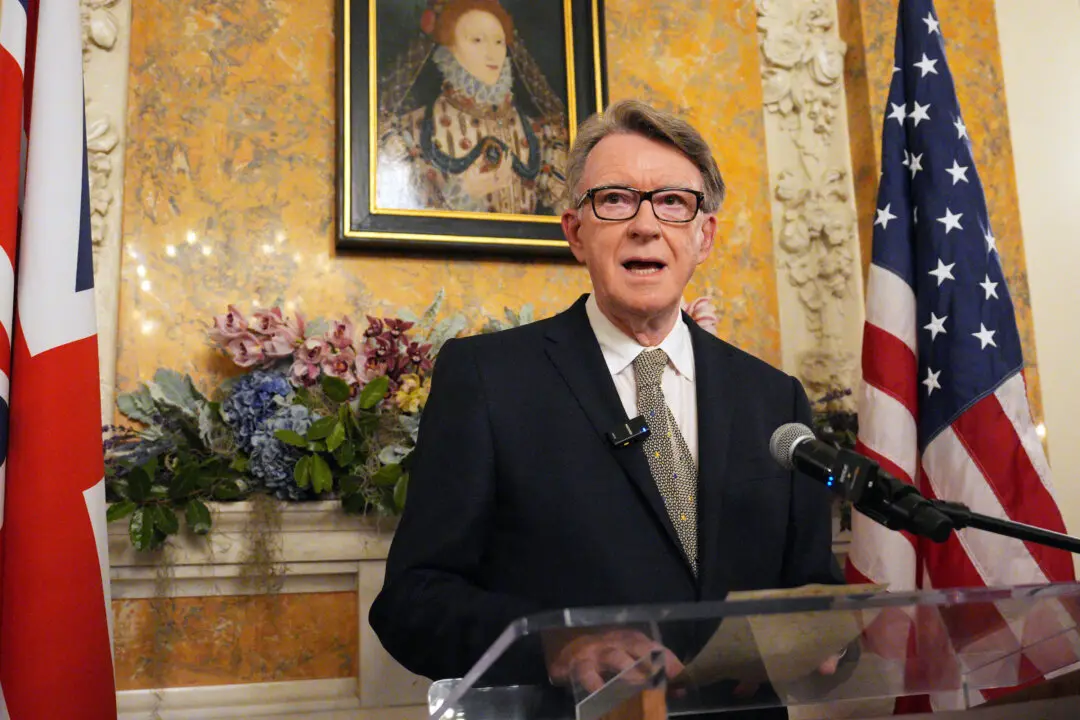The UK Health Security Agency (HSA) has announced it is developing a new maternal vaccine at its Porton Down laboratory in Wiltshire, which it claims could help fight the problem of antimicrobial resistance.
Work is ongoing at the agency’s Vaccine Development Evaluation Centre at the high containment lab to create a pregnancy jab for Group B Streptococcus (GBS) because the government says antibiotic resistance is growing, putting infants at risk from the infection.
The Bill and Melinda Gates Foundation has given money to fund the development of the proposed vaccine, the HSA said in its press release in late May.
The statement said: “GBS is the leading cause of vaccine-preventable infections in newborns in the developed world, and a significant cause of newborn infections and stillbirths worldwide.
“As such, GBS is a leading driver of antibiotic use in neonatal settings, and antimicrobial resistance is increasing.”
Women who test positive are given intravenous antibiotics in childbirth to protect both the mother and the infant, which has dramatically increased the use of antibiotics in childbirth in some countries.
Giving antibiotics to newborns is known to disrupt their gut bacteria at the developmental stage, making it more difficult for them to digest milk.
Anti-microbial resistance (AMR) is believed to kill millions around the world each year. According to the World Health Organisation (WHO), it is “one of the top global public health and development threats” and was directly responsible for an estimated 1.27 million global deaths in 2019, and contributed to almost 5 million more.
£85 Million Funding for Global ‘Emergency’
Last month, the HSA announced a new five year strategy to fight AMR, pledging £85 million to tackle what it called a global “antibiotic emergency.”A further £1.8 million has been allocated to create a dedicated team in the Medicines and Healthcare products Regulatory Authority to support creating “novel antimicrobials and diagnostics.”
OECD Warning
The Organisation for Economic Co-operation and Development (OECD) has warned that if health authorities fail to take sufficient action, the costs associated with treating resistant infections could compare to having “a COVID pandemic every five years.”The HSA’s 85-page document pledges to reduce antibiotic use in humans by 15 percent over the next five years through alternative treatments and preventatives, and to find new diagnostic tools to improve the detection and diagnosis of AMR.
“We will work across the public sector, regulators, academia and industry to fund and deliver innovative scientific research to develop vaccines, diagnostics, antimicrobials and alternative therapies (including bacteriophage, polyclonal antibodies and host-directed therapies), which meet UK and global needs.”
Porton Down Controversies
More than 200 scientists work at the Porton Down Vaccine Development Centre, with the HSA saying the aim is to create prototypes of all vaccines so that they can be brought to market after just three months—the so-called “100 Days Mission"—if a pandemic is declared in future.Porton Down is one of Britain’s most secretive sites, known for developing chemical and defence weapons but shrouded in both mystery and controversy for more than 100 years.
Founded in 1916, it is believed to have conducted experiments on more than 20,000 human guinea pigs, with its more controversial trials including testing the effects of nerve gas on more than 3,400 armed forces personnel.
The Ministry of Defence (MoD) site has come under fierce criticism for its continued use of animals for experiments, with media reports suggesting these have involved exposing monkeys to anthrax, draining the blood of pigs and injecting them with E. coli bacteria, and exposing animals to a variety of lethal, toxic nerve agents.
The 7,000-acre site is now home to the MoD’s Defence Science and Technology Laboratory as well as the vaccine development facility, which is currently reported to be working on more than 100 different pathogen-related projects.







